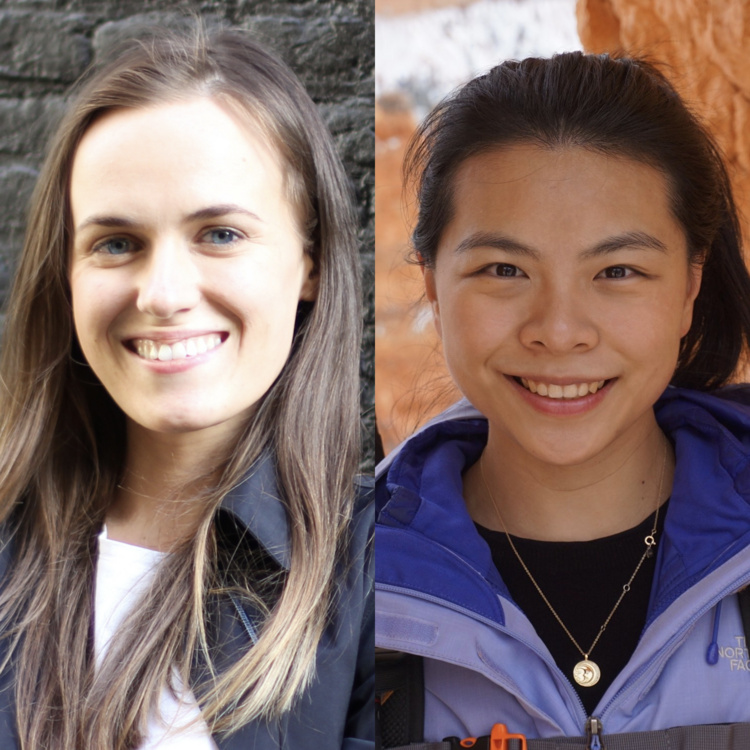
CogLunch: Izabele Jonusaite "Sense-making: How do we form ad hoc theories?" & Shengyi Wu "Changing minds: Intervention and causal theory of mind"
Description
Speaker: Izabelė Jonušaitė
Title: Sense-making: How do we form ad hoc theories?
Abstract: Much research in cognitive science has focused on learning as a process primarily driven by the pursuit of accuracy in representation and reasoning. However, when interpreting complex and ambiguous scenes, people craft narratives that make sense of the data in a way that is not explained solely by a drive for accuracy: They impose structures that facilitate generalization beyond the immediate data, identify more and less important elements, hypothesize latent constructs like causal relationships, and construct coherent explanations. Moreover, the structures of ad hoc theories that individuals develop often vary from person to person and do not necessarily converge on a ground truth. Yet, these cognitive structures provide a framework through which people can decide what questions to ask, what interventions to perform, and what might count as relevant data in ways that might eventually lead to accurate understanding. In this talk, I will outline a new research direction focusing on the formation of these structures. I will present an initial experiment that characterizes these structures and discuss future avenues for exploring sense-making from a cognitive science perspective.
Speaker: Shengyi Wu
Title: Changing minds: Intervention and causal theory of mind
Abstract: Scientists and philosophers have argued that intuitive psychology is supported by a causal theory that actions are generated by mental states like beliefs and desires. Prior studies have tested this account primarily by having observers predict others’ actions given knowledge of their beliefs and desires, or infer agents’ beliefs and desires given their observed actions. However, if the understanding of other minds is genuinely a causal theory, it should also allow people to design interventions to change other people’s actions. Although there is abundant evidence that even young children design causal interventions in the physical domain, much less is known about people’s ability to intervene on others’ mental states. In the current study, we test whether adults and children use an intuitive theory of mind to generate interventions. According to the intuitive causal model of minds, an action is caused by a belief and a desire. This intuitive causal model predicts an asymmetry between the interventions needed to induce someone to take a new action and the interventions needed to prevent someone from taking a planned action. To induce someone to act, you have to instill both the relevant belief and desire, whereas to prevent someone from acting, it suffices to remove either of the two mental states: the belief or the desire. We used these asymmetric causal interventions to probe the representational structure of people’s Theory of Mind. In two studies, we show that both adults and children ages eight to ten (but not younger children) distinguish generative and preventative outcomes and selectively intervene on both beliefs and desires to cause agents to act but intervene either on beliefs or desires to prevent an action.

